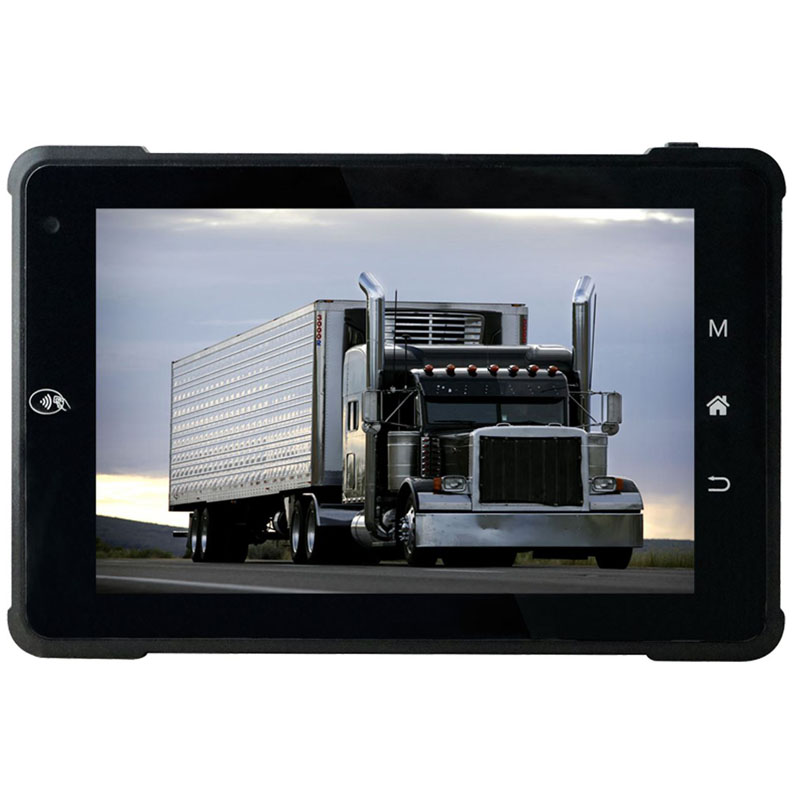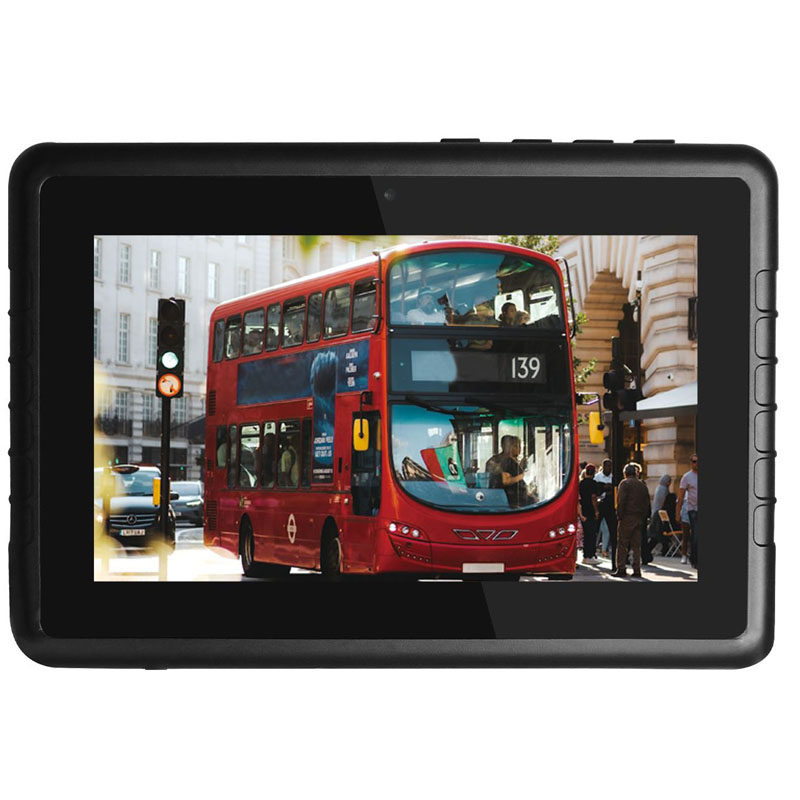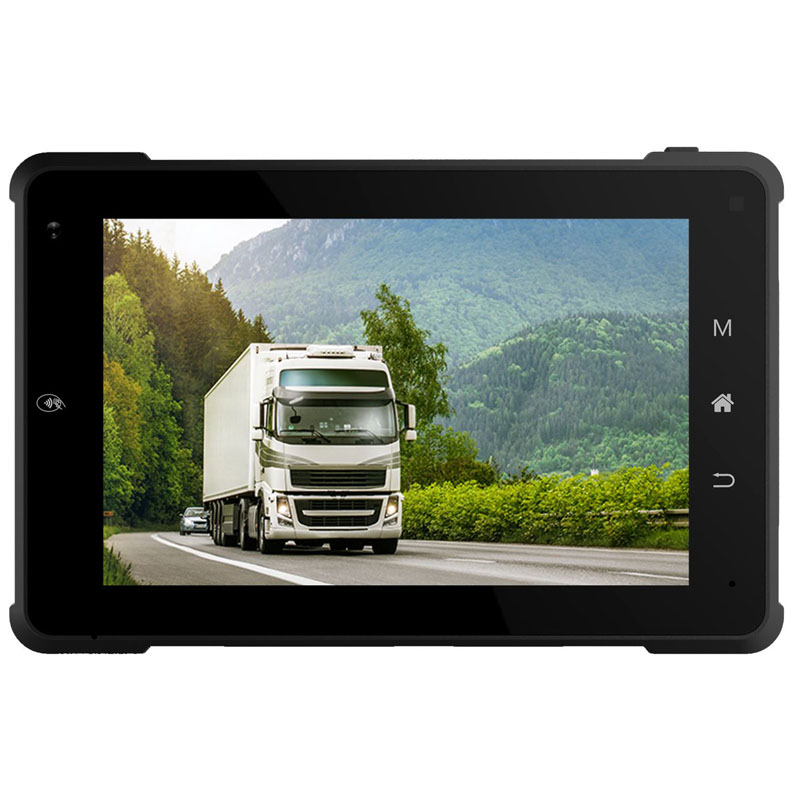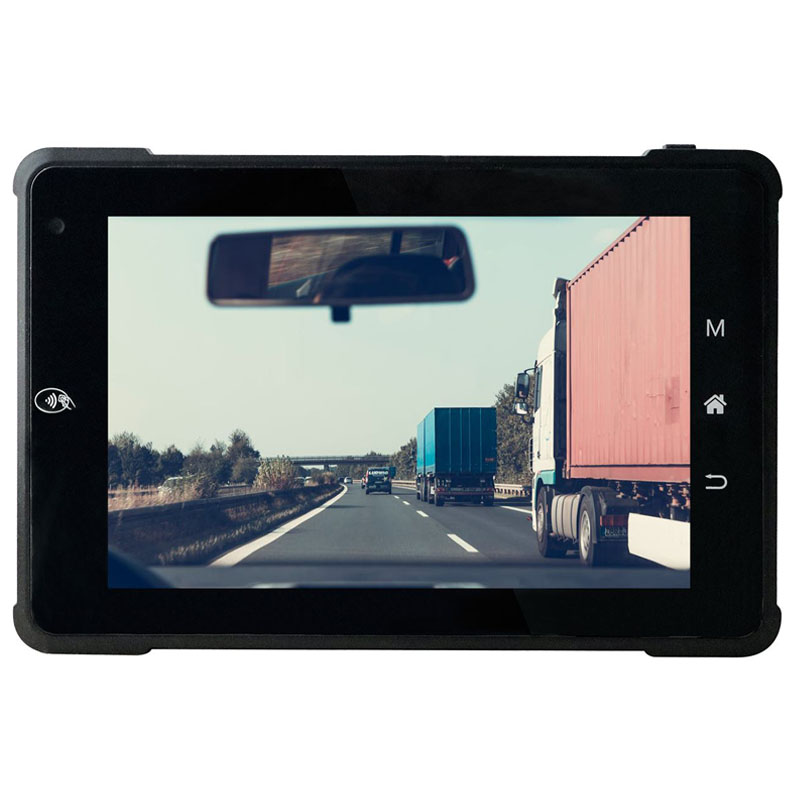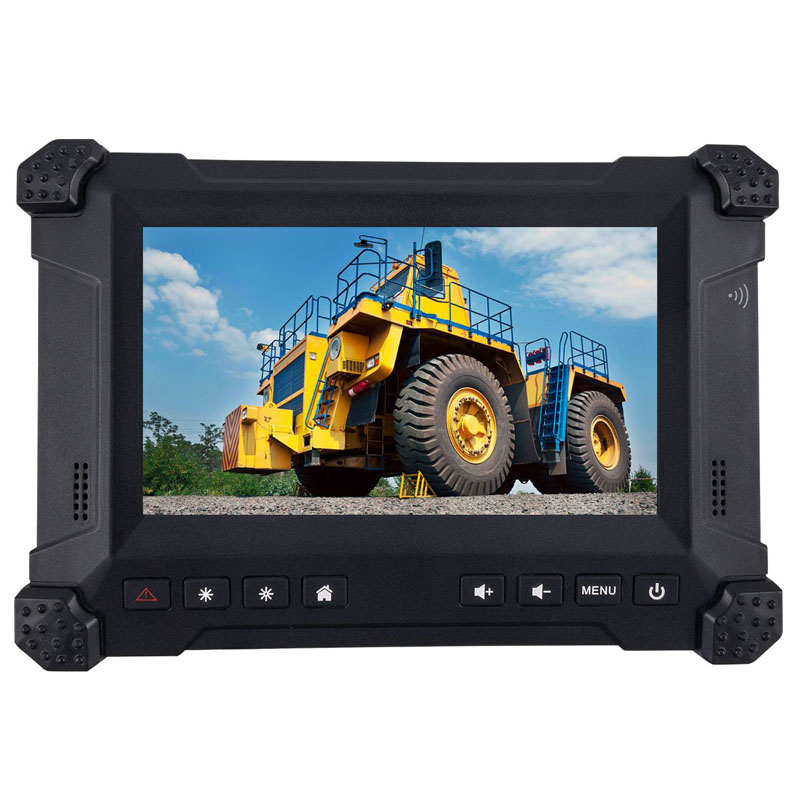Android Rugged Tablets VS Windows Rugged Tablets
Android tablets are recognized for their adaptable open-source platform, offering users considerable flexibility. This attribute finds extensive use in sectors like retail, enabling tailored solutions such as Point of Sale systems. Conversely, Windows tablets stand out for their robust processing power and compatibility with enterprise-level software, often preferred in industrial settings for tasks like Computer-Aided Design (CAD), Project Management, or Enterprise Resource Planning (ERP).
In a comparative analysis, the article delves into several factors like durability, versatility, cost-effectiveness, network compatibility, security features, and legacy application support for Android versus Windows. For instance, Android’s open-source nature enhances flexibility but potentially exposes vulnerabilities, while Windows boasts strong security features but with restricted customization options.
Real-world instances further illustrate this comparison. For logistics, Android tablets shine due to their portability and extensive app support, exemplified by DHL’s use of Android-based handheld devices. Conversely, Windows devices prevail in industrial settings where compatibility with existing infrastructure and robust processing capabilities matter most, as evidenced by Siemens equipping its engineers with Windows tablets.
The choice between Android and Windows isn’t universally straightforward. It hinges on specific requirements and individual preferences within an industry or user context.


